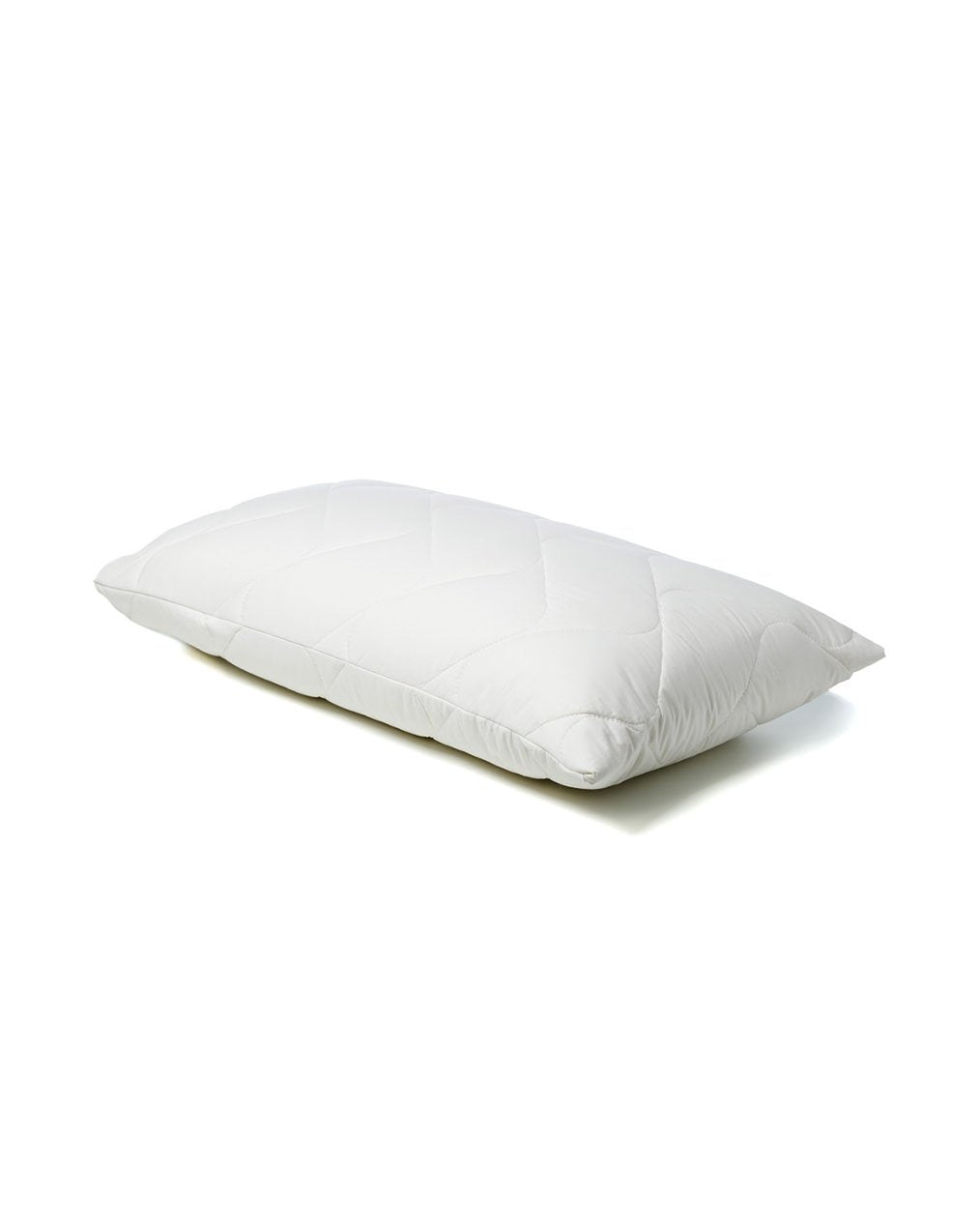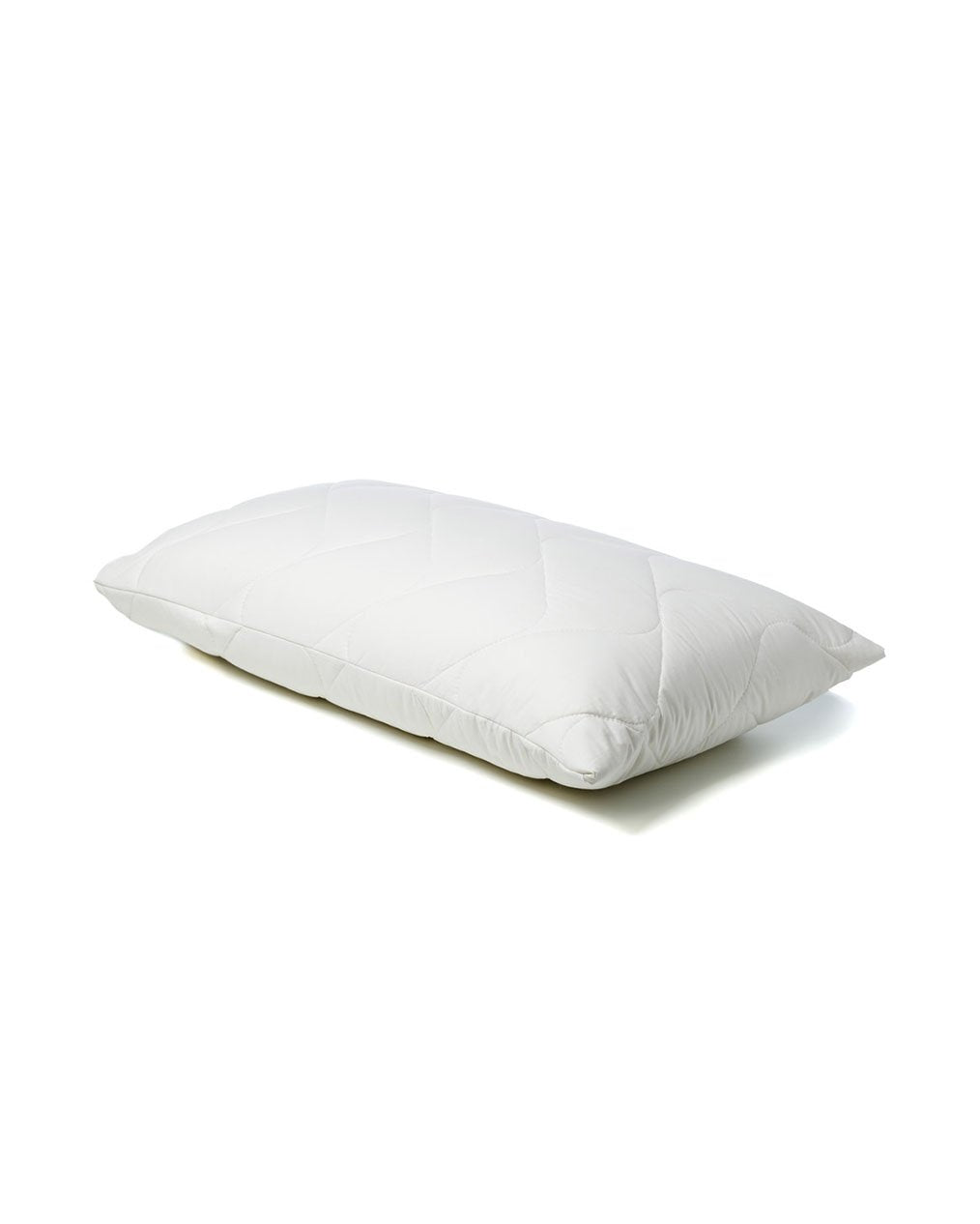It’s been a busy day; you are exhausted and have finally managed to get yourself into bed. Lights out and time for that much needed sleep - well so you thought! Your brain has other ideas and has kicked into overdrive. The harder you try to switch off the more elusive sleep becomes. Your mind spirals, anxiety increases and you can only imagine the disaster tomorrow will be after yet another sleepless night.
If this is a familiar scenario and you are experiencing difficulty falling asleep or returning to sleep, consider introducing a Mindfulness practice to your daily routine. A regular Mindfulness practice has many benefits for everyday life. Mindfulness helps to relax the mind and body, improve our ability to self-regulate and makes it easier to fall asleep. According to Mindfulness Works Australia, ‘Mindfulness is the art of being present. You learn to witness your thoughts, rather than being trapped by them, you learn to befriend and feel your emotions more.’

Mindfulness is based on nine principles that can be associated with every aspect of our lives. Briefly, these principles and how they may be used to improve sleep are listed below.
Beginner’s Mind – Treat tonight as a new experience, last night has no impact on how you will sleep tonight.
Non-striving – Sleep is not the result of effort, no matter how hard you try, you cannot force yourself to sleep.
Letting go – Let go of negative ideas like ‘not sleeping is a problem’ and labels like ’insomniac’.
Non-judging – Consider being in bed and awake without judgment rather than identifying it as good or bad.
Acceptance or Acknowledgement – Actively choose to accept that you cannot force yourself to sleep.
Trust – Humans are sophisticated animals, learn to trust that your body is able to self-regulate your sleep requirements.
Patience - Like any new skill, improvement takes time and repetition - be patient and practice regularly.
Gratitude – Redirect your thoughts and focus on all that is good in your life.
Generosity – Connect with family, friends and even strangers, be kind and generous with your time and you will have less time to worry.
If you would like to introduce Mindfulness practice to your day there are many resources available online.
The free Smiling Mind app is a good option and has a selection of excellent sleep related meditations to get you started.
Source https://www.sleephealthfoundation.org.au/mindfulness-and-sleep-2.html



































